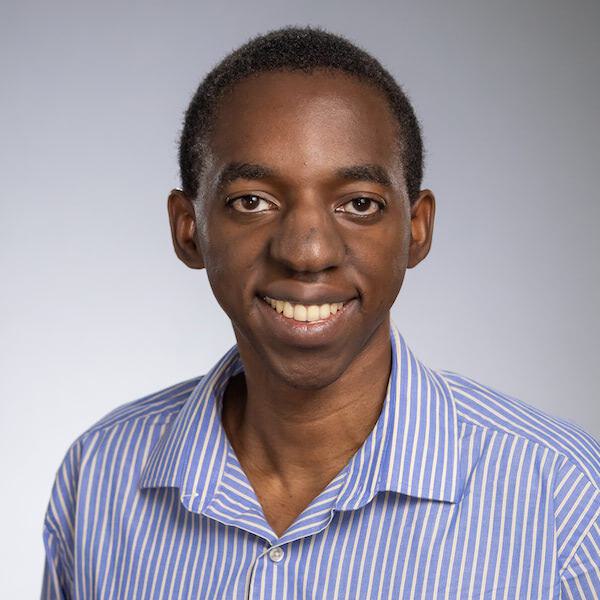- Undergraduate
Bachelor's Degrees
Bachelor of ArtsBachelor of EngineeringDual-Degree ProgramUndergraduate AdmissionsUndergraduate Experience
- Graduate
Graduate Experience
- Research
- Entrepreneurship
- Community
- About
-
Search
All Thayer Events
Special Seminar: Investigating Color Centers in Wide-Bandgap Semiconductors Through First-Principles Density-Functional Theory
Mar
25
Monday
3:30pm - 4:30pm ET
Online
ZOOM LINK
Meeting ID: 913 9744 0830
Passcode: 645291
Density-Functional Theory (DFT) has seen tremendous improvements in the accuracy of its implementations since its first inception. The theory is characterized by the Nobel Prize-winning insight that the number density of electrons uniquely determines the ground-state properties of a system of atoms without the need to evaluate the many-body wavefunction for the electrons.
In this talk, I will discuss another key insight that when coupled to DFT, leads to exceptionally accurate predictions from first principles. The insight is that the Fermi level (the electronic chemical potential) behaves in some cases as a manifestly local quantity rather than as uniform throughout a crystal sample, an assumption commonly employed in materials computations. This insight was used to accurately predict the measured values of electric fields probed using color centers in diamond with the aim of improving the functioning of semiconductor devices. The insight was also used to accurately determine timescales for charge-state decay of ionized color centers in diamond with applications in quantum computation, quantum communication, and quantum sensing. In addition to the many opportunities offered by the treatment of the Fermi level as a local quantity in materials theory and computation, I will discuss the ability of DFT to characterize properties and phenomena such as the hyperfine interaction for group-IV impurity-vacancy color centers in diamond.
Hosted by Professor Laura Ray.
About the Speaker(s)
Rodrick Kuate Defo
ECE Postdoctoral Research Fellow, Princeton

Rodrick Kuate Defo is a postdoctoral research fellow in the Department of Electrical and Computer Engineering and a Visiting Faculty Fellow in the McGraw Center for Teaching and Learning at Princeton University. He completed his PhD in physics with a secondary field in computational science and engineering at Harvard University, and earned his bachelor's degree in math and physics from McGill University.
Contact
For more information, contact Ashley Parker at ashley.l.parker@dartmouth.edu.
